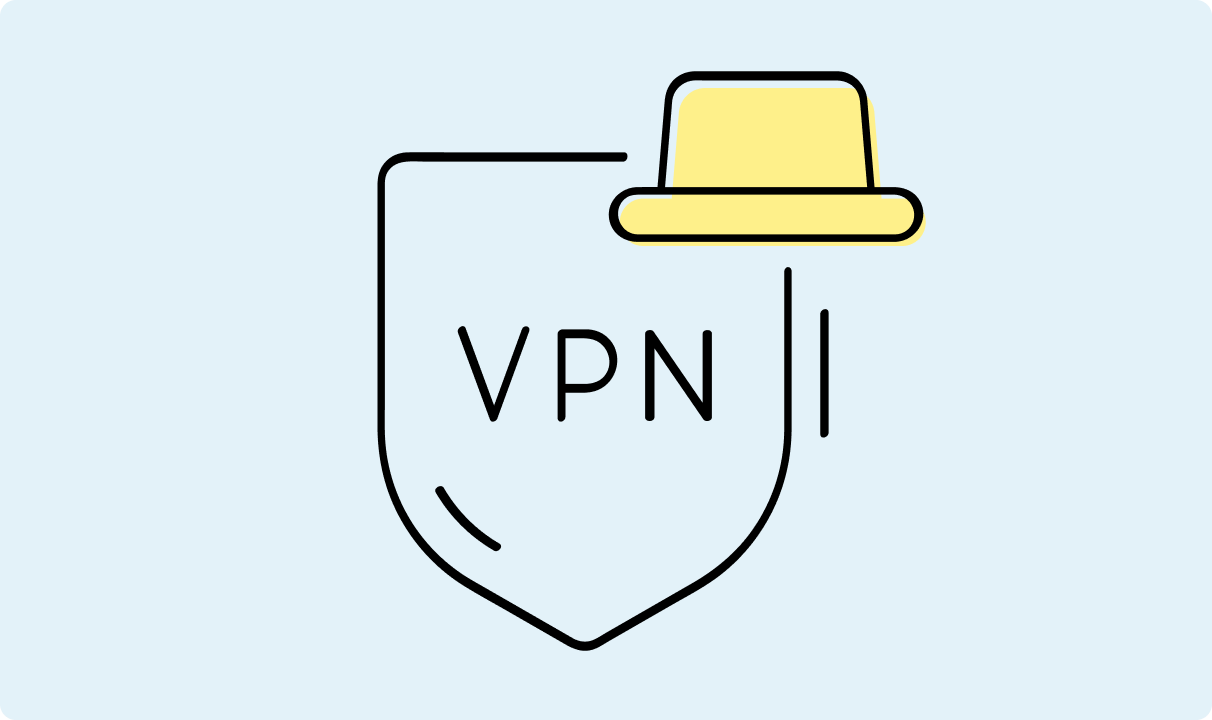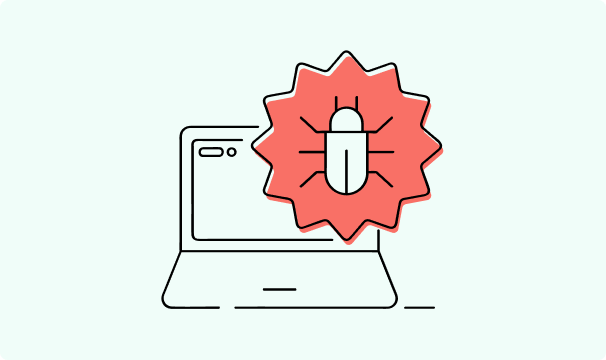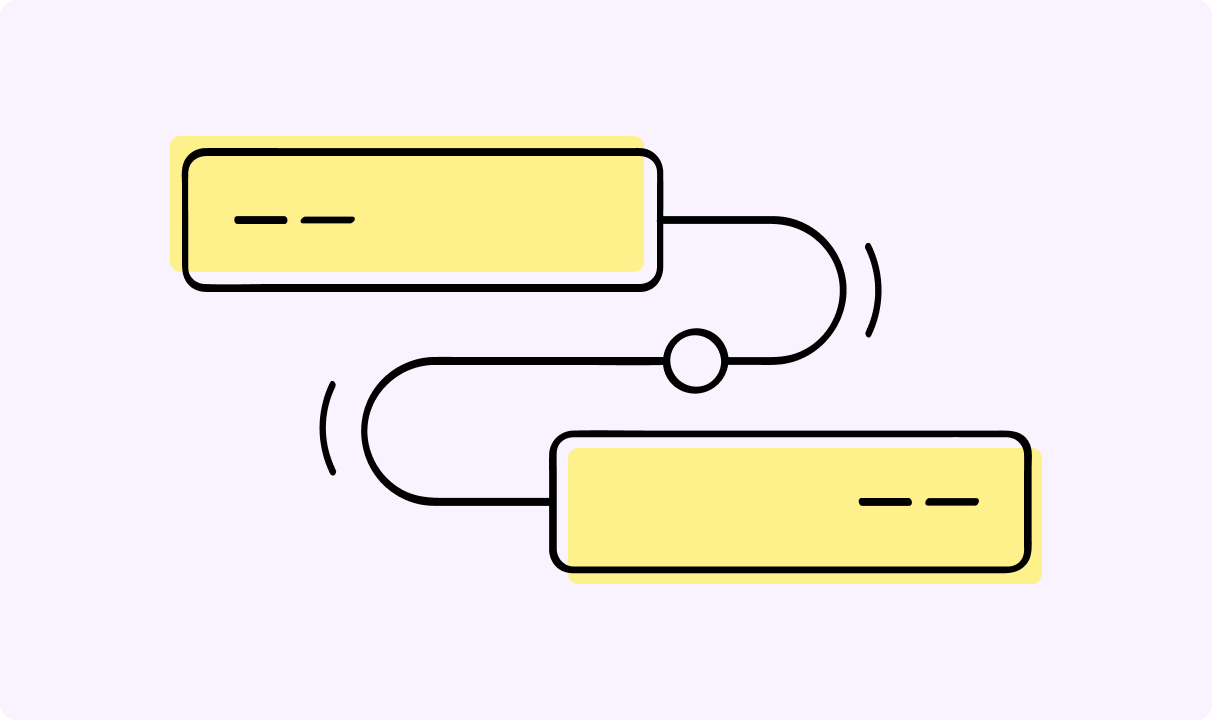CometVPN Blog
If you want to stay safe, choose an anonymous VPN with a reliable no-logs policy that doesn’t store your data logs. These VPN providers often have the tools and reputation that allow you to reach a high level of anonymity.
6 min read
 Rasa Sosnovskytė
Rasa Sosnovskytė 
Choose Category

5 min read
How to Know If Your Computer Has a Virus and Fix It Fast
Detecting computer viruses early is crucial to your digital safety. They can compromise your personal information, financial data, or lead to costly computer repairs.
In 2023 alone, over 6 billion malware attacks were detected around the globe such as worms, viruses, trojan, and other types of malicious software. In this article you will discover what they are, how to avoid them, and how to fix them if you already have some.

Adomas Šulcas
0 min read
Is TruthFinder Legit or a Scam? Honest 2026 Review
TruthFinder is a popular website providing background check services based on public records. While it might be convenient for someone screening a potential date or the new neighbors, services that sell personal information online inevitably raise legal and privacy concerns. So, is TruthFinder legit or a scam? Let's look at the facts.

Adomas Šulcas
3 min read
What Is Bridge Mode? Router & Modem Explained Simply
To avoid double Network Address Translation (NAT) issues, you'll have to enable bridge mode on your secondary router. It disables routing capabilities, so a more powerful primary device can handle network management. Figuring out bridge mode is an essential step for taking back control of your network traffic.

Guoda Šulcaitė
8 min read
How to Check Your ISP (Internet Service Provider): 2026 Guide
Today, the internet is available almost anywhere we go. It is such a big and constant part of our lives that we no longer think about its source. Internet connectivity, however, does not spring from nowhere.
Your internet connection is provided by your internet service provider (ISP). Your online privacy, security, internet stability, bandwidth, and other factors depend on your ISP – and they can see a lot of your data. Thus, it is worthwhile to know how to check your ISP and what you can do to improve your data privacy.

6 min read
Double NAT: What It Is and How to Fix It
Double NAT happens when you have two routers connected in a chain, and both are trying to manage network traffic and assign private IP addresses. It usually pops up when you plug a new Wi-Fi router into the ISP-provided modem that already has its own routing smarts.

Guoda Šulcaitė

5 min read
How to Watch Live Sports on Hulu (Step-by-Step Guide)
In 2019, Disney acquired the majority stake in Hulu and, according to reports, Hulu + Live TV will eventually be integrated into Disney+. Yet, Hulu is still the most popular and arguably the most convenient way to watch live sports.
It's worth setting up and figuring out Hulu Live Sports now before it's fully integrated, as we do not know how the service might change later. The ways to resolve regional policies, rights holder agreement conflicts (blackouts), and other issues will likely remain the same, so you’ll be able to reuse the skills learned here.

Adomas Šulcas